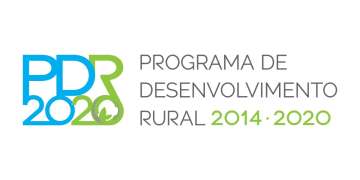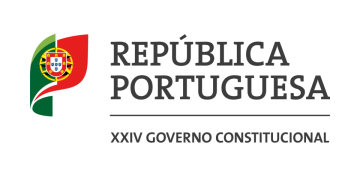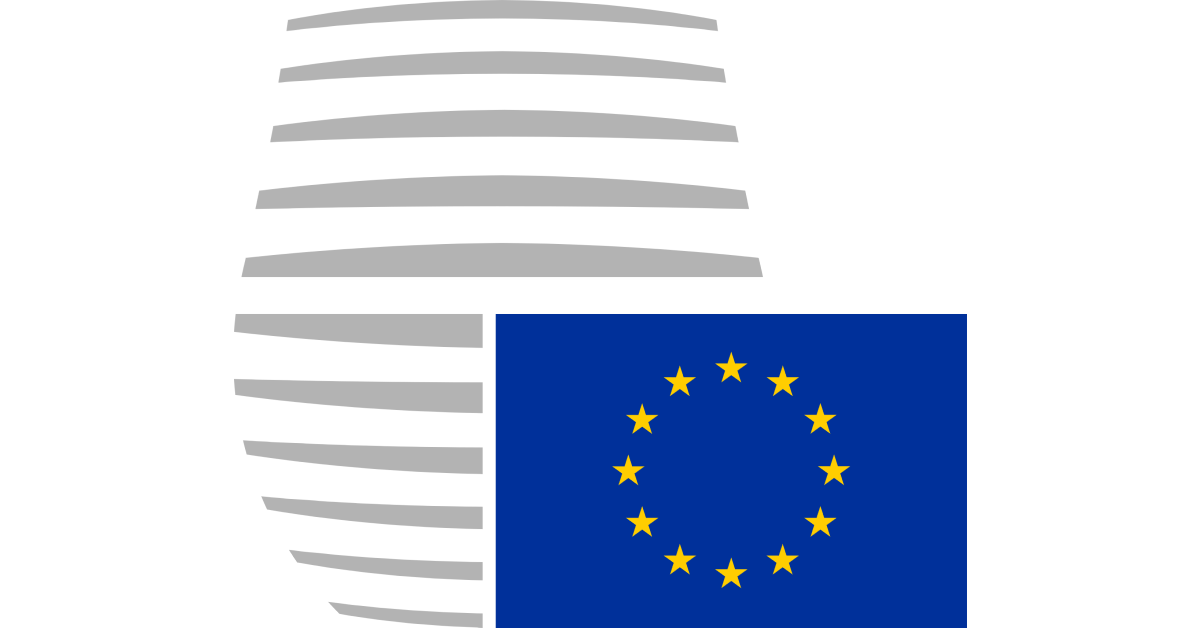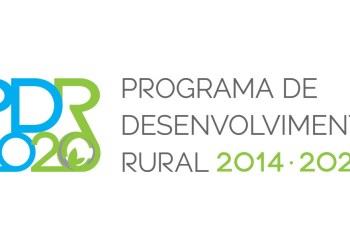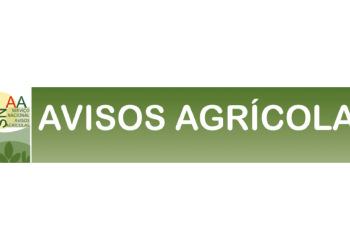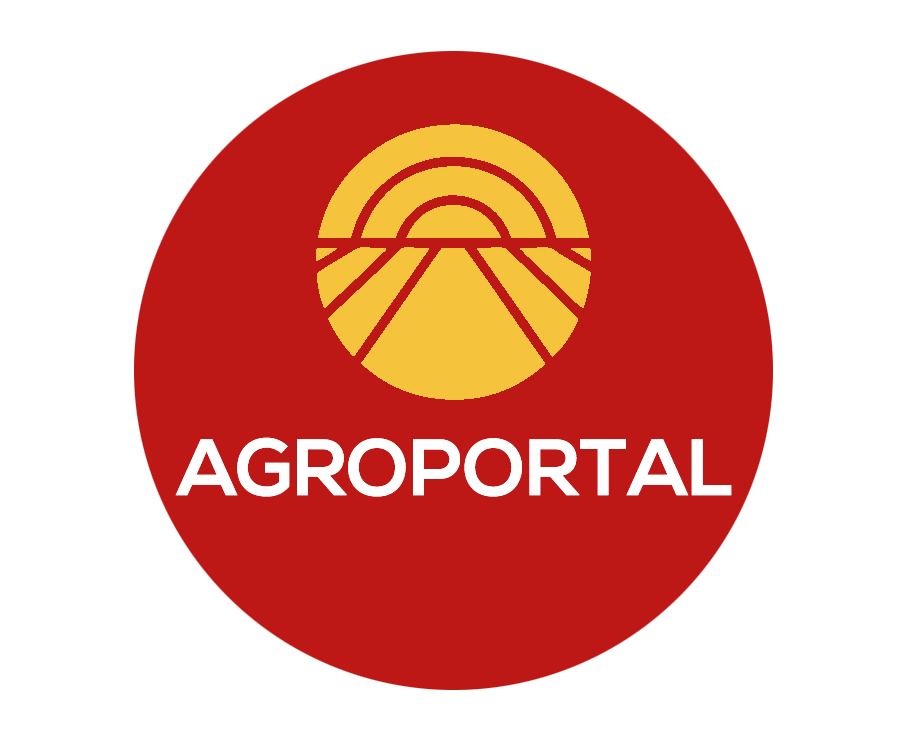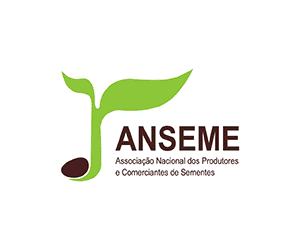The Council of the European Union has adopted conclusions addressing the urgent challenges posed by desertification, land degradation, and drought (DLDD), underscoring the critical need for a cohesive and integrated approach to environmental management across the EU. These conclusions highlight the increasing frequency and severity of droughts, alongside the exacerbation of desertification and land degradation both globally and within Europe.
The Council urges the European Commission to propose a comprehensive EU-wide action plan aimed at combating DLDD, with a goal of building resilience to drought and achieving Land Degradation Neutrality (LDN) by 2030.
Recognizing the interconnectedness of environmental issues, the Council invites the EU and its Member States to elevate the importance of regenerative land management and governance in their external actions. Continued engagement and partnerships on DLDD are vital to fostering sustainable development and addressing the multifaceted challenges of land degradation.
Coherent Financing
The conclusions acknowledge the necessity of coherent financing strategies to support sustainable land management and restoration. The Council calls for a review of existing funding instruments and the exploration of alternative private and mixed funding sources, particularly to operationalise DLDD actions and implement ecosystem restoration actions through nature-based solutions.
Transforming Agriculture and Food Systems
To achieve LDN by 2030, the Council emphasises the need for transformation of agriculture and food systems towards sustainability, drought resilience, and climate-smart practices. This transformation should be guided by the 13 principles of agroecology as defined by the FAO High-Level Panel of Experts on Food Security and Nutrition.
Strengthening Synergies and collaboration
The Council reaffirms its commitment to addressing the interlinked challenges of DLDD, climate change, biodiversity loss, water scarcity, and pollution in a coherent and integrated manner. With the 16th session of the Conference of the Parties to the Convention on Biological Diversity (CBD), the 29th session of the UN Framework Convention on Climate Change (UNFCCC), and the 16th session of the UN Convention to Combat Desertification (UNCCD) taking place consecutively, there is a unique opportunity to enhance cooperation among the three Rio Conventions. This collaboration will support the implementation of the UN 2030 Agenda for Sustainable Development and its associated Sustainable Development Goals.
The Council strongly emphasises the need for improved collaboration among the CBD, UNFCCC, and UNCCD at all levels. It calls for enhanced synergies, particularly in the implementation of the Global Biodiversity Framework, the Paris Agreement and the Land Degradation Neutrality Target Setting Programme. Such collaboration is essential for developing and implementing effective national strategies that address biodiversity, climate adaptation and DLDD in a synergic manner.
O artigo foi publicado originalmente em Conselho Europeu.

